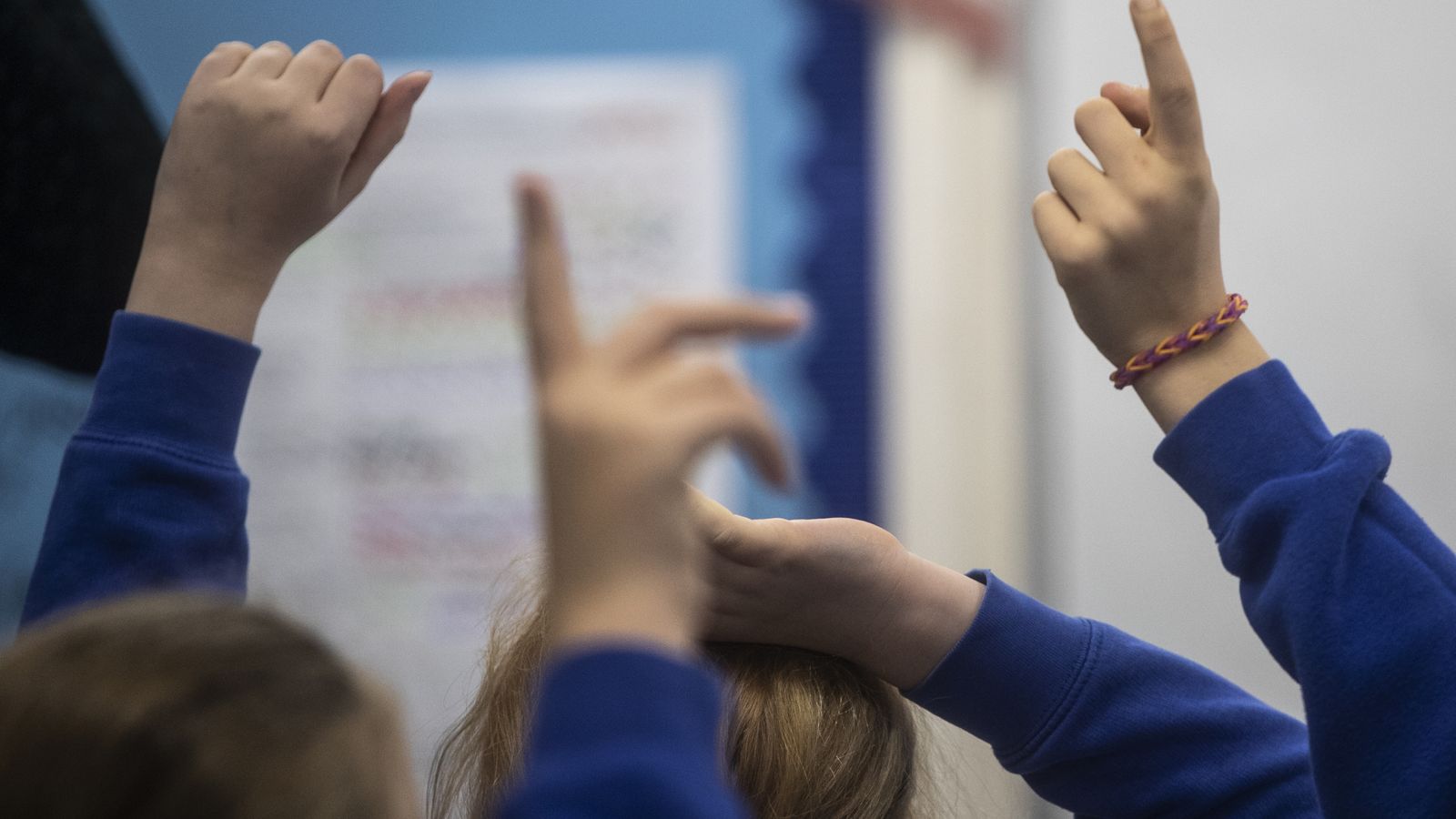The coronavirus pandemic showed it is not essential for children to attend school every day, a poll has found almost one in three parents believe.
Some 28% of parents felt that way and only 70% are confident their child’s needs are being met – a figure which drops to 61% at secondary school – according to the YouGov poll conducted for the Centre for Social Justice (CSJ) thinktank.
There is “fundamental work to be done in rebuilding the contract between families and schools”, said CSJ chief executive Andy Cook.
He said the polling, which questioned 1,206 parents during December 2023, showed there remains a “significant minority for whom the bonds of trust between families and schools were broken”.
“This is not a one-way street,” he said. “Parents have legitimate expectations of schools which government must help them to deliver, but as parents, we need to take responsibility for getting our kids ready for school, at school, and for keeping them engaged in school.
“Restoring the bond between parents and schools – supported by small charities and community organisations – will help us to do this.
“Failure to address this will be catastrophic for the future of our people, communities and state.”
In its report on the finding, entitled The Missing Link: Restoring the bond between schools and families, the CSJ sets out a seven-point plan which Mr Cook said puts a “focus on parental engagement and whole family support”.
The plan calls for at least five hours of extracurricular activities each week via a “right to sport”, as well as investment in youth clubs and services, mental health support and the rollout of attendance mentors.
It also recommends a review of the effectiveness of fines and prosecutions for absences, as well as creating a National Parental Participation Strategy.
Read more:
Number of children missing school soars
How COVID made ‘ghost children’ problem worse
Please use Chrome browser for a more accessible video player
Absences ‘damaging’ children’s life chances, Labour says
Absences from school are “damaging” children’s life chances, the shadow education secretary Bridget Phillipson said.
“The challenge that we’re seeing at the moment around persistent absenteeism means that one in five children are regularly out of school. That figure is set to rise to one in four. That is a staggering number of children,” she said on Sunday with Laura Kuenssberg on BBC One.
“It’s damaging their life chances and it’s damaging the life chances of all of the children within the school community too.”
Click to subscribe to the Sky News Daily wherever you get your podcasts
‘Monumental’ effort to change parents’ minds
It comes after another report said it would take a “monumental” effort to change parents’ minds that their children must go to school every day.
Be the first to get Breaking News
Install the Sky News app for free
There has been a “seismic shift” since the COVID pandemic in attitudes to full-time school attendance, according to the study by consultancy Public First.
The factors behind the absences varied between the cost of living crisis and a rise in mental health problems among young people, but the study did not link them to parents working from home.
In November, Ofsted’s chief inspector Amanda Spielman, in the body’s annual report, also warned that the unwritten agreement between schools and families – which sees parents get their children to school every day and respect the school’s policies – had been “damaged” and could take years to restore.
Ofsted said that in autumn 2022, nearly a quarter (24.2%) of pupils in England were “persistently absent” – meaning they missed at least 10% of their school sessions.
She also criticised children being taken out of school to attend pro-Palestinian marches.






















